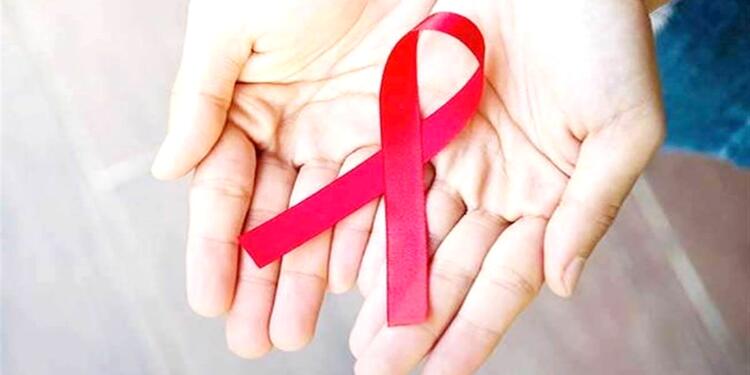In a major breakthrough for global HIV prevention efforts, the U.S. Food and Drug Administration (FDA) has approved Yeztugo (lenacapavir), the world’s first twice-yearly injectable medication for pre-exposure prophylaxis (PrEP) against HIV.
Developed by Gilead Sciences, Yeztugo is being hailed as a “game-changer” by medical experts for its potential to simplify HIV prevention and expand access, particularly for people who struggle with the daily pill regimen that current oral PrEP medications require.
What Makes Yeztugo Different?
Yeztugo belongs to a new class of HIV drugs called capsid inhibitors, which work by interfering with the protective shell that HIV uses to replicate. Unlike existing PrEP options that must be taken daily or every two months, Yeztugo is administered just twice a year as a subcutaneous injection.
This long-acting format is expected to improve adherence, reduce stigma, and offer a more discreet and manageable prevention strategy for high-risk populations.
Impressive Trial Results
The FDA’s approval was based on the results of two large Phase 3 trials, named PURPOSE 1 and PURPOSE 2.
The trials found:
Zero HIV infections occurred among cisgender women receiving lenacapavir in Africa.
Among men who have sex with men and gender-diverse individuals, the drug showed near 100% efficacy, dramatically outperforming existing oral PrEP methods.
Compared to Truvada (a common daily PrEP pill), lenacapavir reduced HIV infection risk by 96–99.9%, depending on the group studied.
Pricing and Access
While Yeztugo’s medical potential is being celebrated, its high cost has drawn criticism. In the U.S., the estimated list price is around $28,000 per year, which is on par with other branded PrEP options. Gilead has announced that insurance coverage and patient support programs will be made available to improve accessibility.
Globally, Gilead has committed to licensing generic versions of lenacapavir royalty-free to manufacturers in over 120 low-income countries. However, health advocates warn that some middle-income countries where HIV incidence remains high are not included in this deal, raising equity concerns.
Independent studies suggest that lenacapavir could be produced at a cost of $25–$40 per patient annually, prompting calls for a more affordable global rollout strategy.
Global Health Impact and Future Outlook
With U.S. sales projected to exceed $1.6 billion by 2028, Yeztugo is poised to become a dominant player in the global PrEP market, alongside existing options like Descovy (daily oral pill) and Apretude (bimonthly injection).
Health experts emphasize that while the drug has the potential to transform HIV prevention, its success will depend on broad access, affordability, and community engagement.
“The approval of lenacapavir marks a significant leap forward in the fight against HIV,” said Dr. Monica Shah, a leading infectious disease specialist. “But its real impact will only be felt if it’s accessible to the people who need it most.”
Gilead is now working toward regulatory approval in other regions, including Europe, with hopes of a rapid international rollout.
A Step Closer to Ending HIV?
While researchers continue to search for a functional HIV vaccine, the approval of long-acting PrEP options like Yeztugo brings the global health community closer to ending HIV transmission—especially if equitable distribution is achieved.



























